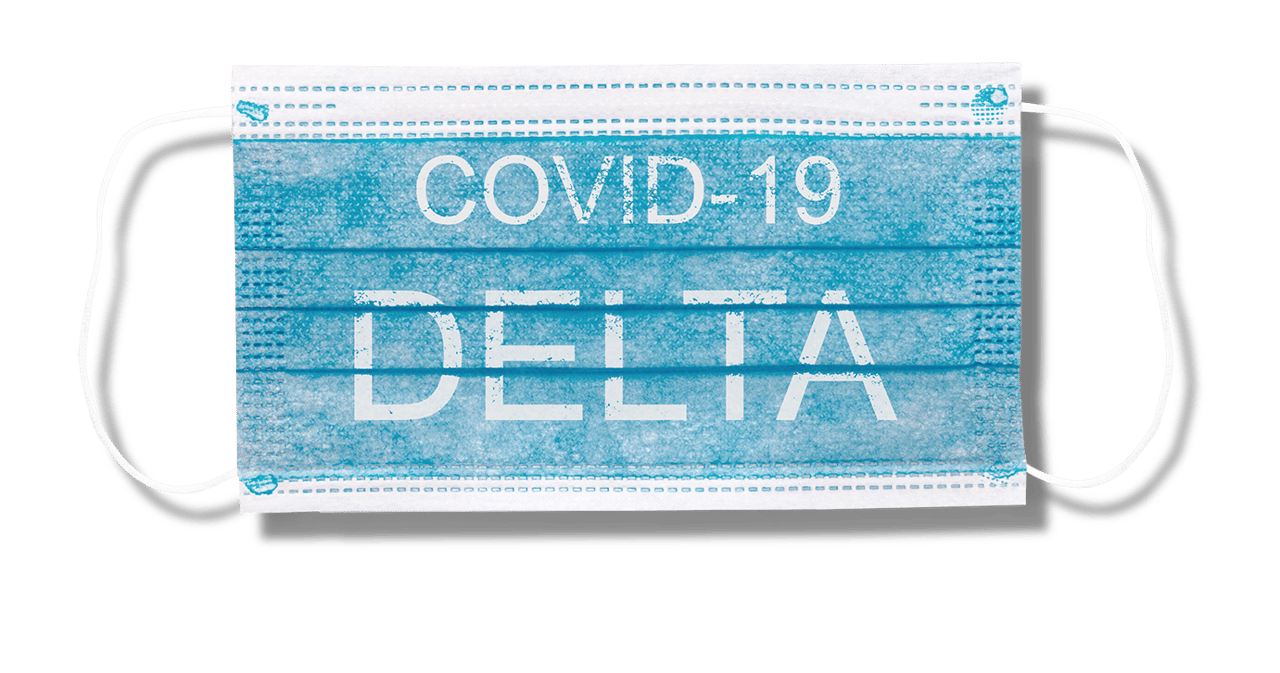cover story

Incoming: Mandates

Video: Rapeepat Pornsipak / Creatas Video+ via Getty Images.
Image: Tomas Ragina / iStock / Getty Images Plus via Getty Images.
Now that Pfizer vaccine has FDA approval, expect more companies to begin implementing workplace rules
By Benita Mehta, Chief Editor of ISHN.
ith formal federal approval for the Pfizer-BioNTech coronavirus vaccine for those 16 and older, many workplaces have begun or soon will begin announcing vaccine mandates.
The full approval could make it easier for employers, the military, and universities, as well as other public places, like restaurants and airports, to require vaccination and may reassure some people who are hesitant about the vaccine. The anticipated decision replaces the emergency use authorization granted by the agency last December.
Before FDA approval, it was not commonplace for industrial companies to implement mandates, however with the Delta variant spreading rapidly, a growing number of companies began looking at workplace policies.
Within hours of the announcement, the Pentagon, CVS, and some universities, among others, announced that they would enforce mandates they had made contingent on full FDA approval.
Despite vaccine hesitancy in the U.S., data about all vaccines indicates only about 8.5 cases per 10,000 injections result in adverse reactions. Some COVID-19 vaccine recipients experience fever, headache, fatigue, and muscle and joint soreness, but they typically resolve within two to three days.
W
Implementing a vaccine requirement
The National Safety Council (NSC), on August 27, 2021, urged all employers to implement a COVID-19 vaccination requirement for their workers and unveiled a guide outlining four levels of requirements for various workplace risk profiles.
A recent survey conducted by NSC found when employers required vaccines, there was a 35% increase in workers who got the shot.
“The data is clear: workplace requirements are a proven way to encourage vaccine uptake and accelerate the country’s path to community immunity against COVID-19,” said Lorraine Martin, NSC President and CEO. “Consistent with our mission, we’re calling on employers to advance the nation’s progress on living safely with this virus by requiring vaccines in a manner that’s appropriate for their workers’ risk profile.”
To aid employers in their vaccination efforts, NSC issued guidance outlining a spectrum of vaccine requirement approaches and considerations for implementation in varying work settings. Requirements include:
• Honor System – Requiring workers to be vaccinated to return to work or to loosen mask mandates without requiring proof of vaccination status.
• Partial Requirement – Requiring workers to either show proof of vaccination status or submit to frequent COVID-19 testing.
• Soft Requirement – Requiring workers to show proof of vaccination status before returning to certain job functions or to enter a non-remote workplace.
• Hard Requirement – Requiring all workers to show proof of vaccination status to do their work.
Industrial sector mandates
The following industrial companies and plants put mandates in place before the vaccine was federally approved:
A raw plastics distributor ties vaccination to job offers
Lastique International Corp. is a Kentucky-based raw plastics distributor and recycler. The company implemented a zero-tolerance policy about the COVID-19 vaccine for all workers, which is addressed during interviews. If an applicant indicates they will not get vaccinated before being hired, the company does not consider extending a job offer, even if the individual is otherwise well-qualified.
A biotech company requires vaccines for most employees
Genentech — a San Francisco company that merged with Swiss biotech giant Roche — took a similar approach when mandating COVID-19 vaccines for all employees. The only exception is for those who have medical and religious exemptions.
A company statement said, “Our decision is grounded in science and driven by the imperative to protect our people and sustain our research, development and manufacturing of essential medicines for patients facing serious and life-threatening diseases, including COVID-19.” Company representatives also indicated that about 80% of its employees across the country have reported themselves as fully vaccinated.
A major meatpacker sets vaccine deadlines
Arkansas-based meatpacker Tyson Foods also became one of the latest companies to mandate COVID-19 vaccination. It will require all of its 120,000 U.S. workers to get their shots and has created role-specific deadlines for taking action.
All leaders must have their vaccines by Sept. 24, 2021, while office workers must abide by an Oct. 1 deadline. Remaining employees must have their shots by the first day of November this year. However, the company will make exceptions for unavoidable medical and religious circumstances that stand in the way of getting vaccines.
An automotive manufacturer chooses a travel-based requirement
Ford recently told its employees they must get vaccinated against COVID-19 if their roles require international travel. The automotive giant is not moving ahead with a broader mandate yet. However, it continues with an existing approach of strongly urging all workers to get vaccinated unless their doctors advise otherwise for health reasons.
Resources for employers
Some employers had concerns about the legal risks associated with a vaccination mandate, particularly since the approved COVID-19 vaccines only had emergency use authorization. Now that the Pfizer vaccine has gained full FDA approval, employers may be more likely to go forward with these policies.
Over the summer, more employers started requiring vaccination or regular testing to fight the surge in COVID-19 cases caused by the fast-spreading delta variant. President Joe Biden has urged businesses to require employees to get vaccinated and said the federal government will continue to support employers that do so.
Along with the federal government, many state and local governments and large employers have implemented stricter COVID-19 vaccination, testing and safety policies.
Under guidance from the U.S. Equal Employment Opportunity Commission (EEOC), employers generally can mandate COVID-19 vaccinations for employees who physically enter the workplace without running afoul of the federal anti-discrimination laws the EEOC enforces. However, businesses that require employees to get vaccinated need to consider religious and disability-related objections and explore reasonable accommodations.
According to SHRM, recent research from law firm Littler Mendelson showed the number of employers that are currently mandating vaccines or planning to roll out some form of requirement has more than doubled from less than 10 percent of survey respondents in January to about 21 percent in August.
According to the CDC, cases in the U.S. recently surpassed 130,000 a day on average, following a drop in June to about 12,000 new cases each day.
The main concerns employers have regarding vaccine mandates include resistance from employees, the potential impact on company culture and employee morale, and the possibility of losing employees in a tight labor market, according to Littler's research.
"There is no one-size-fits-all approach to setting workplace vaccination policies," Devjani Mishra, an attorney with Littler in New York City, told SHRM. "Employers need to gather the type of information that would guide any employment-related decision, including determining the number of workers who already have been vaccinated, understanding workforce sentiment, addressing and removing obstacles to vaccination, evaluating industry trends, and accounting for public safety and health policies and infection rates in their particular geographies."

